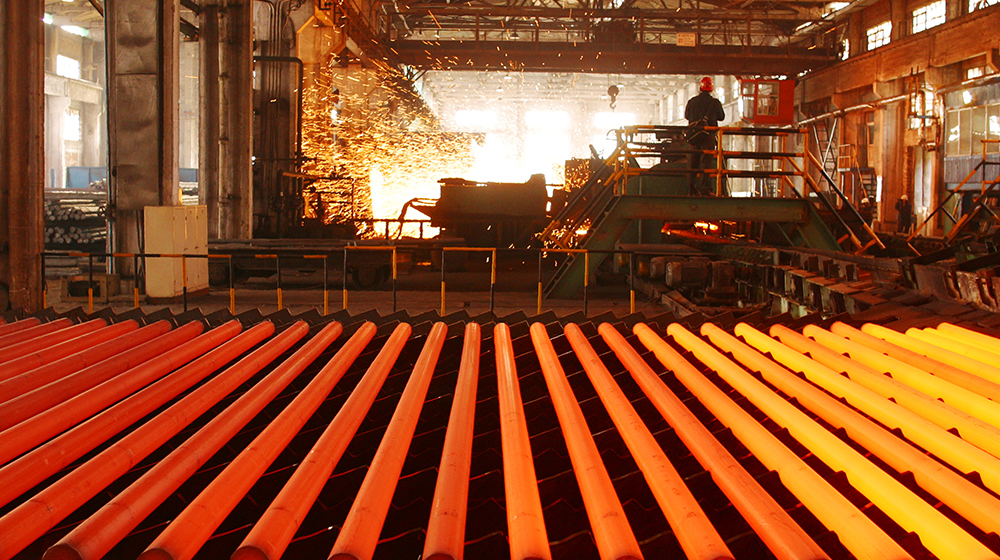When it comes to oil casing, it’s crucial to make sure you’re using an authentic and high-quality product. Oil casing, also known as oil well casing, plays a vital role in the drilling and completion of oil wells. It provides structural support to the wellbore and protects the formation from any potential damage.
One of the most commonly used types of oil casing is J55 oil casing. J55 refers to the material grade of the casing, with the letter “J” indicating a minimum yield strength of 55,000 psi. This type of casing is widely used in the oil and gas industry due to its excellent performance and suitability for various drilling environments.
However, as the demand for oil casings continues to increase, there are an increasing number of counterfeit and shoddy products on the market. These counterfeit casings not only affect the safety and efficiency of oil well operations, but also pose serious environmental and financial risks.
So, how can you ensure that your oil casing is a real oil casing? Here are a few key factors to consider:
1. Source of supply
Oil casing must be purchased from a reputable and certified manufacturer or supplier. Be sure to verify their qualifications and inspect production facilities to ensure they comply with industry standards and regulations. Reliable suppliers will provide material certification and quality control documents to verify the authenticity of their products.
2. Material testing
Genuine oil casing undergoes rigorous material testing and inspection processes to ensure its strength, durability and corrosion resistance. These tests include chemical composition analysis, mechanical property testing and non-destructive testing. By requesting these test reports from your supplier, you can verify the authenticity and quality of your oil casing.
3. Comply with standards
Genuine oil casing is manufactured according to international standards such as API (American Petroleum Institute) specifications. API standards outline requirements for oil casing, including dimensions, mechanical properties and thread types. When purchasing oil casing, make sure it meets applicable API standards to ensure its authenticity and reliability.
4. Traceability
Genuine oil casing is traceable throughout the entire production and supply chain. This means you should be able to trace the casing’s origin, materials used and manufacturing process. By maintaining appropriate documentation and traceability records, manufacturers and suppliers can demonstrate the authenticity and quality of their oil casing.
In summary, the authenticity of oil and casing is critical to the safety, efficiency and integrity of oil well operations. When selecting oil casing for a drilling project, it is critical to verify the source of supply, conduct material testing, ensure compliance with standards and confirm traceability. By taking these steps, you can ensure that your oil casing is indeed genuine oil casing, providing the reliability and performance required for successful oil well drilling and completion.
Post time: Dec-08-2023

